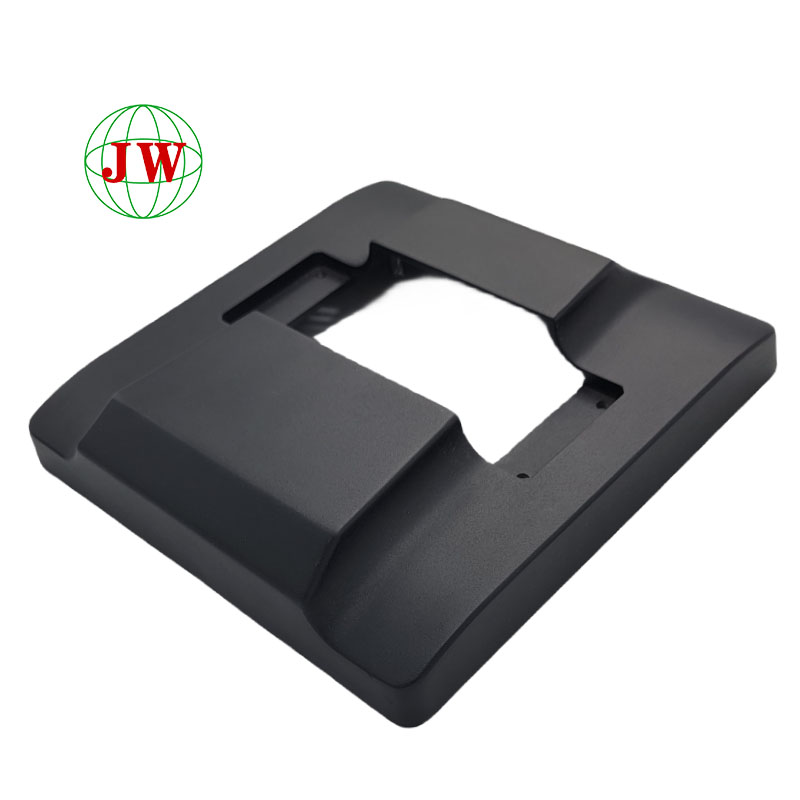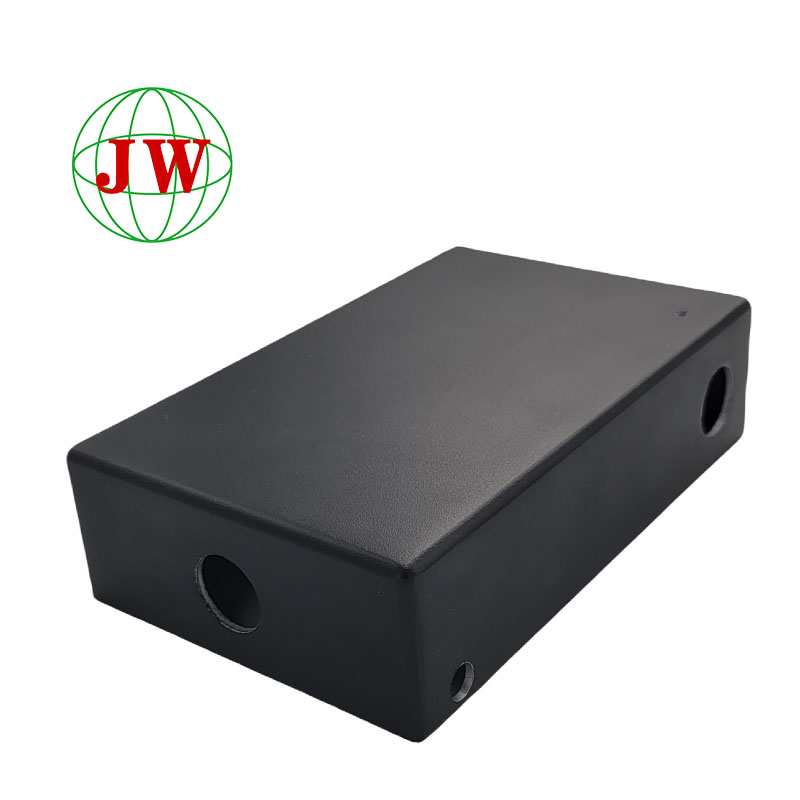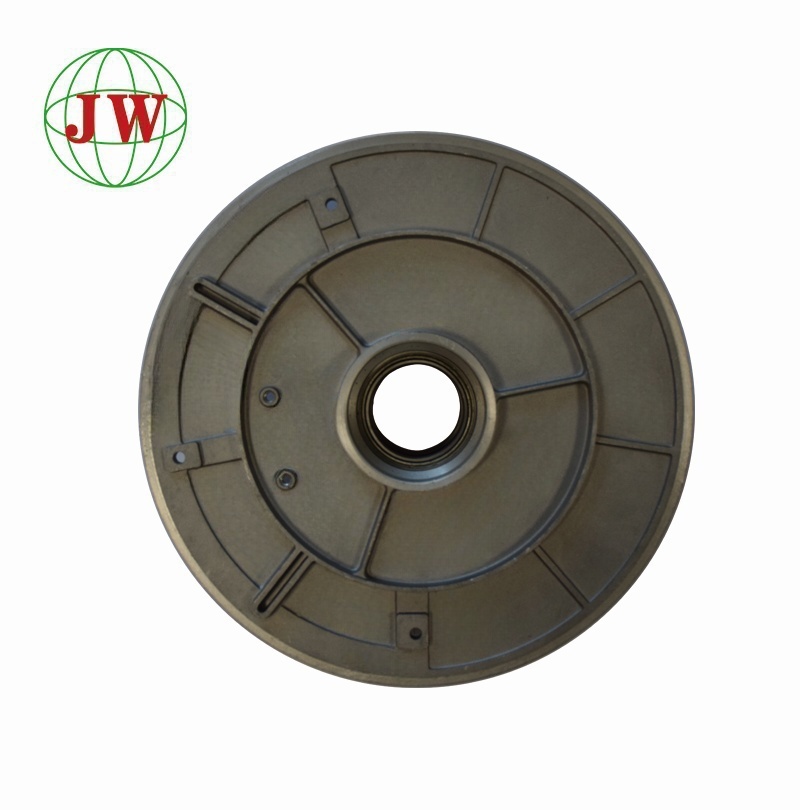
Unleashing the Power of Aluminum Alloy Die Castings: Revolutionizing Manufacturing Across Industries
2025-06-05 17:06
In the ever-evolving landscape of modern manufacturing, aluminum alloy die castings have emerged as a game-changing solution, offering a remarkable blend of strength, durability, and versatility. From automotive components to consumer electronics, aluminum alloy die castings and aluminum die castings have become the cornerstone of countless products, enabling manufacturers to achieve new heights of precision and efficiency. This comprehensive article delves into the world of die casting, exploring the benefits, applications, and technological advancements that make aluminum alloy die castings and related die castingsan indispensable choice for industries worldwide.
Understanding the Die Casting Process
At the heart of every high-quality aluminum alloy die casting lies a meticulously engineered die casting mold. The die casting process involves injecting molten aluminum alloy under high pressure into a mold cavity, which is typically made from hardened steel. Once the metal solidifies, the mold is opened, and the finished die casting is ejected, ready for further processing or assembly.
The die casting moldis the key to achieving precision and consistency in the production of aluminum alloy die castings. Using advanced computer-aided design (CAD) and computer-aided manufacturing (CAM) technologies, designers can create molds with intricate geometries and tight tolerances. This allows for the production of aluminum die castings with complex shapes and features that would be difficult or impossible to achieve using traditional manufacturing methods.

Advantages of Aluminum Alloy Die Castings
Exceptional Strength-to-Weight Ratio
One of the most significant advantages of aluminum alloy die castings is their exceptional strength-to-weight ratio. Aluminum alloys are lightweight yet incredibly strong, making them ideal for applications where weight reduction is crucial without compromising on structural integrity. This property has made aluminum die castings a popular choice in industries such as automotive, aerospace, and consumer electronics.
Excellent Corrosion Resistance
Aluminum alloys naturally form a thin oxide layer on their surface, which provides excellent corrosion resistance. This makes aluminum alloy die castings suitable for use in a wide range of environments, from harsh outdoor conditions to humid indoor spaces. Unlike other metals, aluminum does not rust, ensuring the longevity and durability of die castings made from this material.
Superior Thermal Conductivity
Aluminum has high thermal conductivity, making aluminum alloy die castings an excellent choice for applications that require efficient heat dissipation. In the electronics industry, for example, aluminum die castings are commonly used to manufacture heat sinks and enclosures for electronic devices, helping to keep components cool and prevent overheating.
Design Flexibility
The die casting process offers unparalleled design flexibility, allowing manufacturers to create aluminum alloy die castings with complex geometries, fine details, and tight tolerances. This enables the production of components that are not only functional but also aesthetically pleasing, making aluminum die castings suitable for a wide range of applications, from automotive parts to decorative items.
Cost-Effectiveness
Despite the high initial investment in die casting molds, the production of aluminum alloy die castings can be highly cost-effective, especially for high-volume production. The die casting process is highly automated, which reduces labor costs and increases production efficiency. Additionally, the precision and consistency of aluminum die castings minimize the need for post-processing operations, further reducing production costs.
Applications of Aluminum Alloy Die Castings
Automotive Industry
The automotive industry is one of the largest consumers of aluminum alloy die castings. From engine components and transmission parts to body panels and interior trim, aluminum die castings are used extensively in modern vehicles. The lightweight nature of aluminum alloys helps to improve fuel efficiency, while their strength and durability ensure the safety and reliability of the vehicle.

Aerospace Industry
In the aerospace industry, where weight reduction is critical for fuel efficiency and performance, aluminum alloy die castings play a vital role. These die castings are used to manufacture a variety of components, including engine parts, structural components, and interior fittings. The high strength-to-weight ratio and corrosion resistance of aluminum alloys make them ideal for use in the harsh environments encountered in aerospace applications.
Consumer Electronics
The consumer electronics industry also benefits greatly from the use of aluminum alloy die castings. From smartphones and laptops to tablets and gaming consoles, aluminum die castings are used to manufacture enclosures, heat sinks, and other components. The sleek appearance, durability, and excellent thermal conductivity of aluminum alloys make them a popular choice for consumer electronics products.
Furniture and Decorative Items
Aluminum alloy die castings are also widely used in the furniture and decorative items industry. These die castings can be used to create a variety of products, including furniture legs, handles, and decorative accents. The design flexibility of the die casting process allows for the creation of unique and stylish products that add a touch of elegance to any space.
Technological Advancements in Aluminum Alloy Die Casting
3D Printing and Rapid Prototyping
The advent of 3D printing and rapid prototyping technologies has revolutionized the design and development of die casting molds. These technologies allow designers to quickly and easily create prototypes of aluminum alloy die castings, enabling them to test and refine their designs before committing to full-scale production. This not only reduces the time and cost associated with mold development but also improves the quality and performance of the final product.
Smart Manufacturing and Automation
The integration of smart manufacturing and automation technologies has also had a significant impact on the aluminum alloy die casting industry. Automated die casting machines, robotics, and artificial intelligence (AI) systems are now being used to monitor and control the die casting process, ensuring consistent quality and efficiency. These technologies also help to reduce labor costs and improve worker safety.
Advanced Materials and Alloys
Ongoing research and development in materials science have led to the development of new and improved aluminum alloys for die casting. These advanced alloys offer enhanced properties, such as higher strength, better corrosion resistance, and improved thermal conductivity. The use of these materials in aluminum alloy die castings further enhances their performance and versatility.

Choosing the Right Aluminum Alloy Die Casting Supplier
When it comes to sourcing aluminum alloy die castings, choosing the right supplier is crucial. Here are some key factors to consider:
Experience and Expertise
Look for a supplier with a proven track record in the aluminum alloy die casting industry. An experienced supplier will have the knowledge and expertise to produce high-quality die castings that meet your specific requirements. They will also be able to provide valuable advice and support throughout the design and production process.
Quality Assurance
Ensure that the supplier has a comprehensive quality assurance program in place. This should include rigorous testing and inspection procedures to ensure the quality and reliability of their aluminum alloy die castings. A reputable supplier will also be able to provide you with certification and documentation to verify the quality of their products.
Design and Engineering Capabilities
Choose a supplier that offers design and engineering services. This will allow you to work closely with their team to develop custom aluminum die castings that meet your exact specifications. A supplier with strong design and engineering capabilities will also be able to help you optimize your designs for manufacturability and cost-effectiveness.
Production Capacity and Lead Times
Consider the supplier's production capacity and lead times. Make sure they have the ability to meet your production requirements within your desired timeframe. A reliable supplier will be able to provide you with accurate production schedules and delivery dates.
Conclusion
In conclusion, aluminum alloy die castings have become an essential part of modern manufacturing, offering a wide range of benefits across various industries. Their exceptional strength-to-weight ratio, corrosion resistance, thermal conductivity, design flexibility, and cost-effectiveness make them an ideal choice for a diverse range of applications. With ongoing technological advancements and the development of new materials and alloys, the future of aluminum alloy die castings looks promising, with even greater potential for innovation and growth. Whether you are in the automotive, aerospace, consumer electronics, or any other industry, aluminum alloy die castings and aluminum die castings are a reliable and versatile solution that can help you achieve your manufacturing goals
Get the latest price? We'll respond as soon as possible(within 12 hours)












